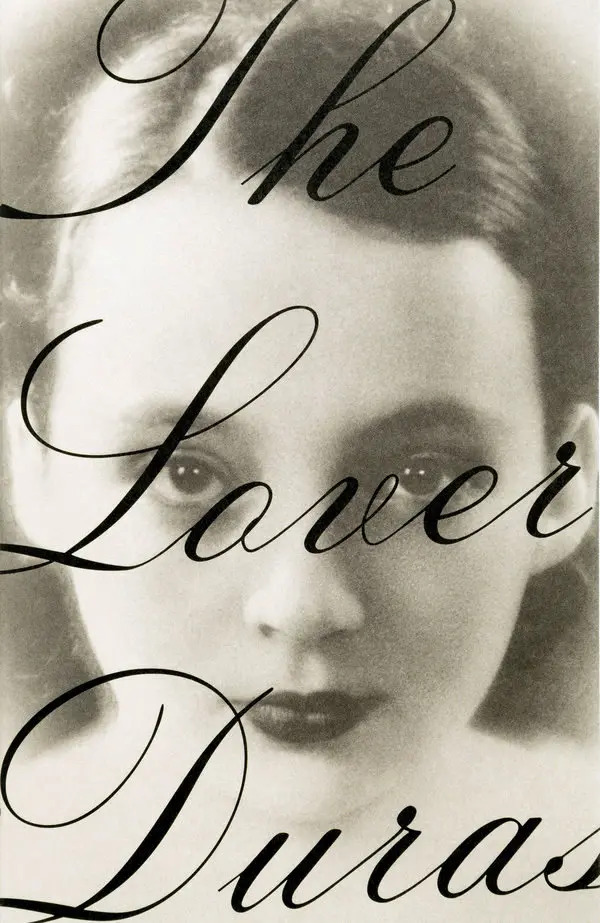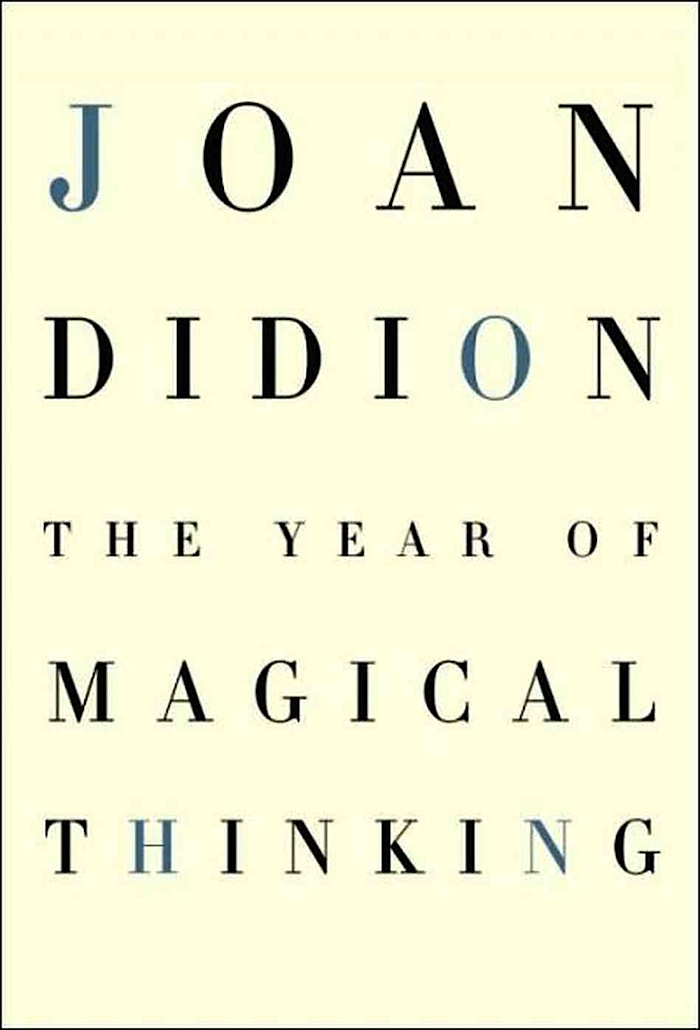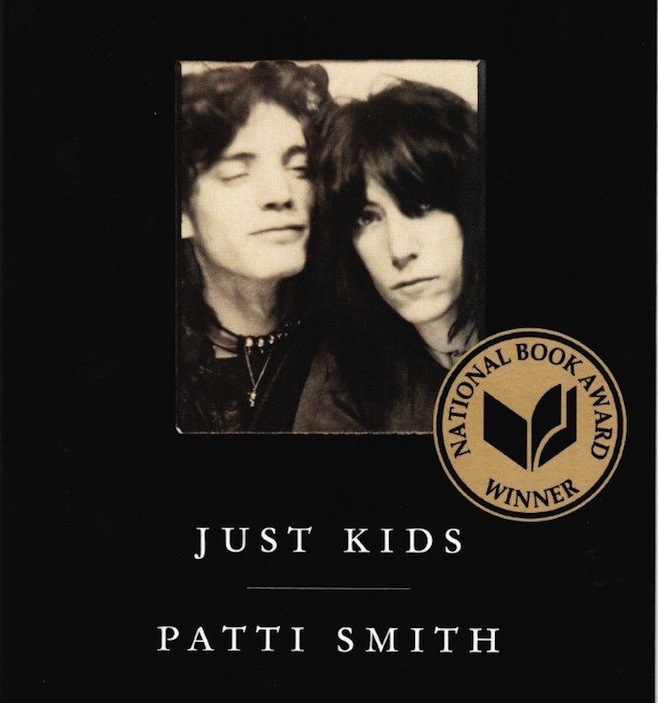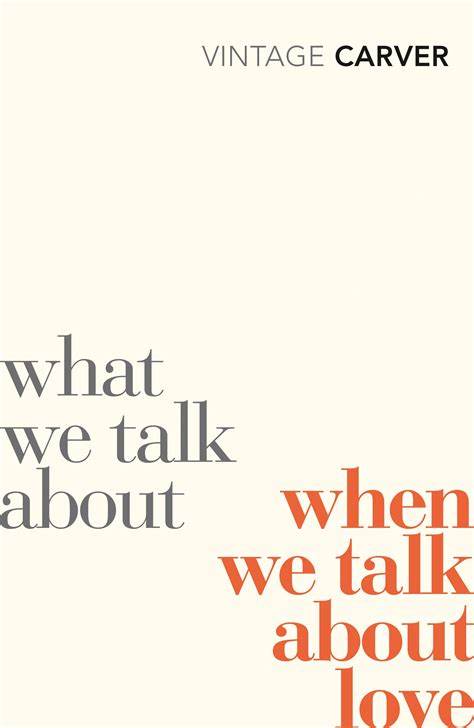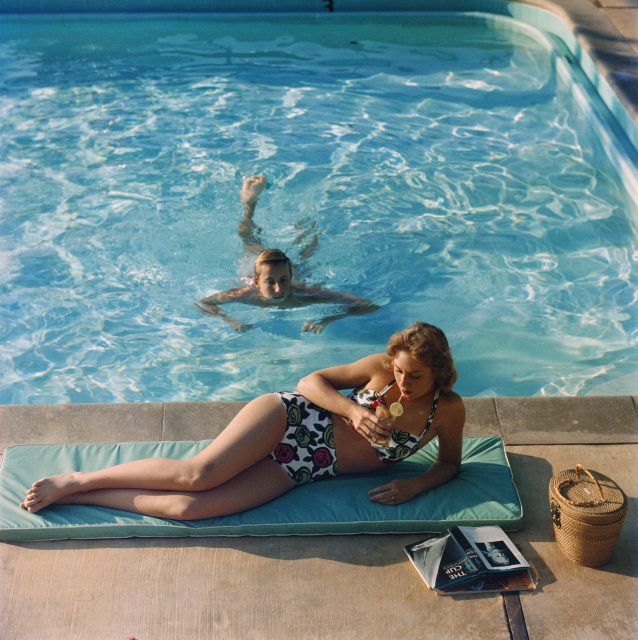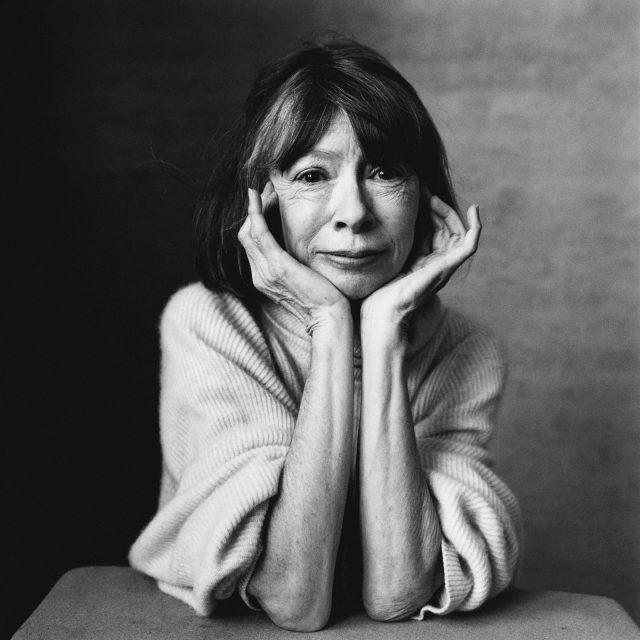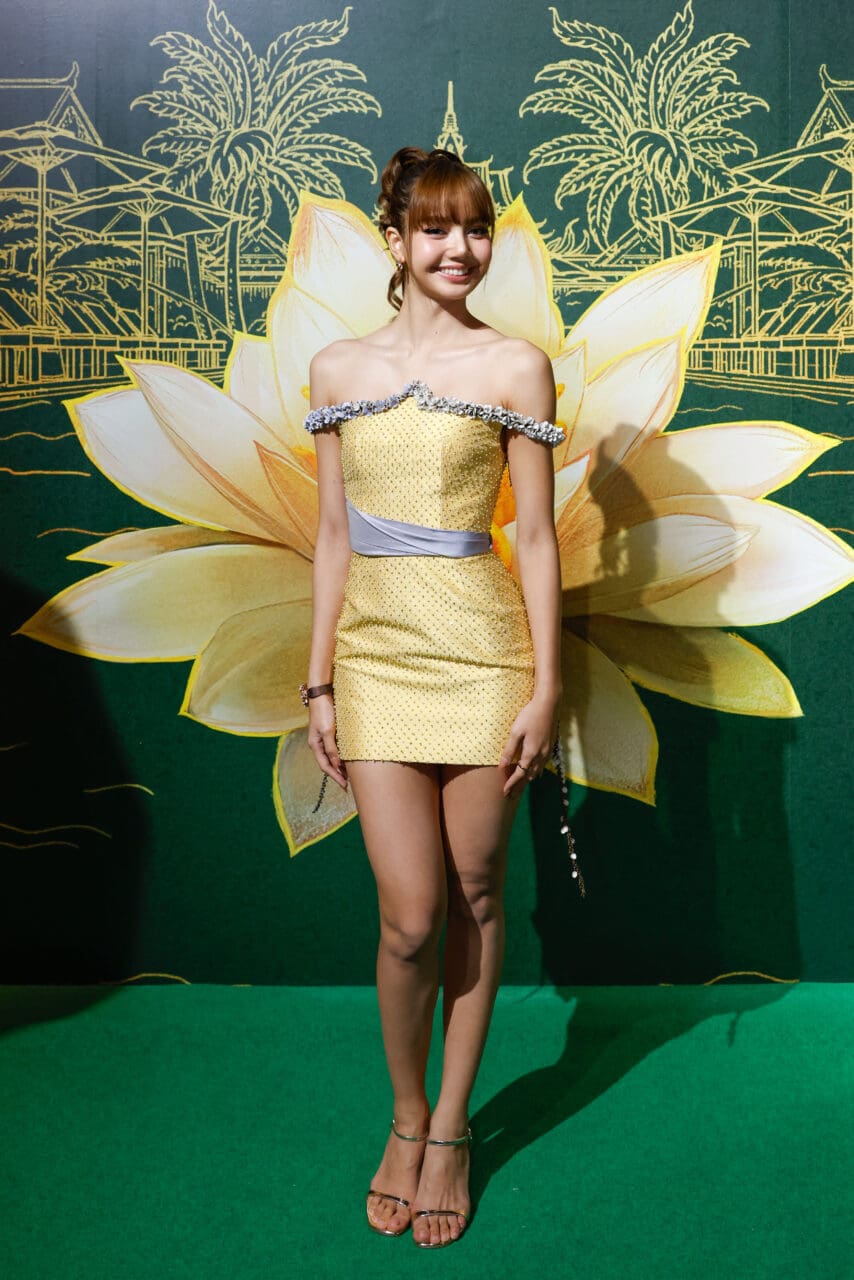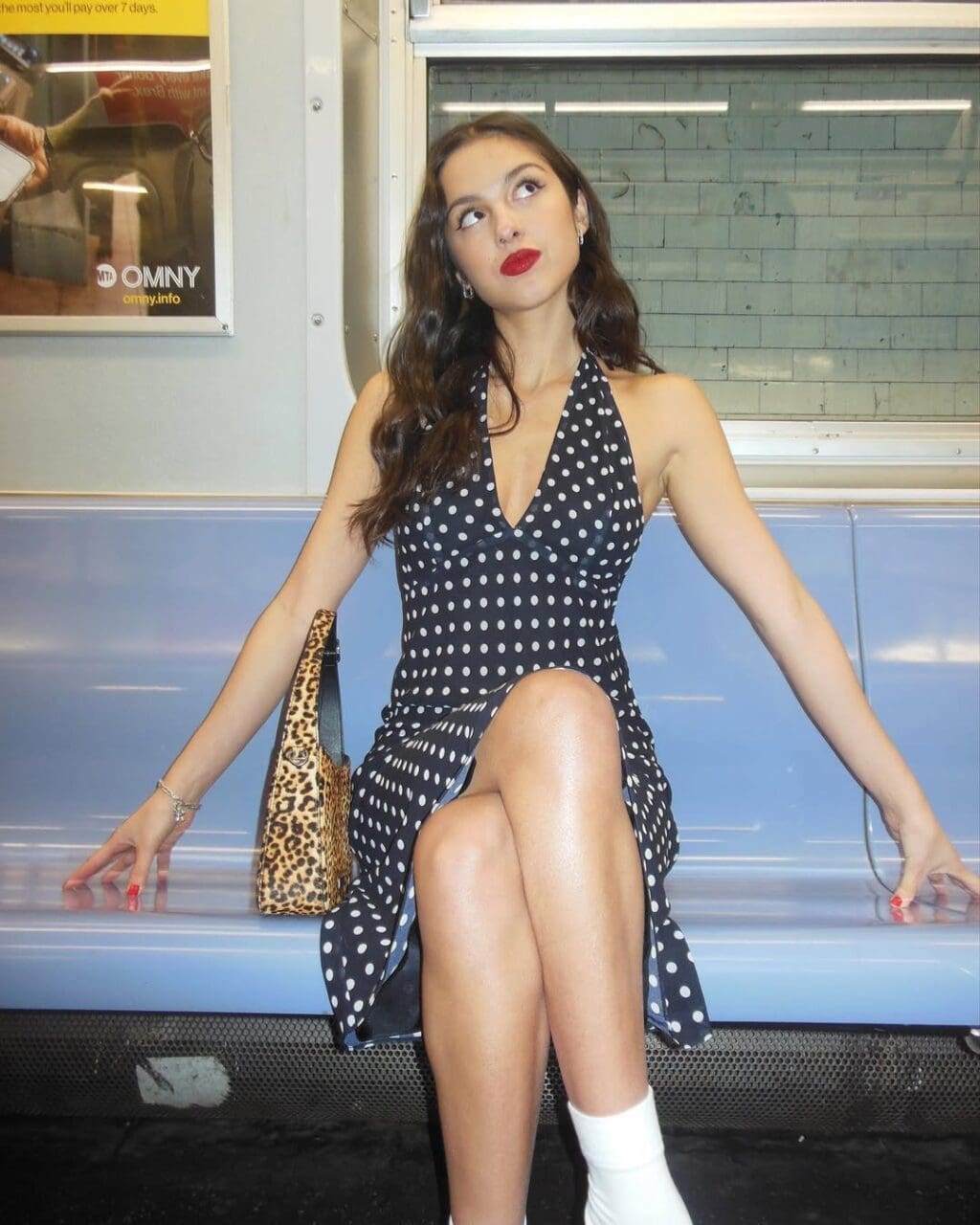If you’ve ever found yourself aimlessly scrolling through a street style gallery, you may well have seen a picture of Kaia Gerber walking to or from a show at fashion week toting a very intriguing accessory. (And no, I’m not talking about that Jacquemus bag.) Zoom in a little closer, and Gerber nearly always has a book in tow—whether classic tomes like Jeffrey Eugenides’s Middlesex, or page-turners of recent years like Richard Powers’s Booker-winning The Overstory.
For those who follow the model on Instagram, it hardly comes as a surprise. Back in March 2020, Gerber launched a book club on the social media platform, debuting with a conversation about Sally Rooney’s Normal People with Daisy Edgar-Jones and Paul Mescal as guests, and more recently hosting conversations with the likes of Jane Fonda, Lena Dunham, and Emily Rajtakowski. “I’ve always wanted to be part of a book club,” says Gerber, cheerily. “I’d be reading books and talking about them with my friends, but we never set up anything formal, so when the pandemic happened—mostly out of boredom at first, to be honest—I wanted to create a space where people felt like they could talk about topics that were a little bit harder to broach on Instagram.”
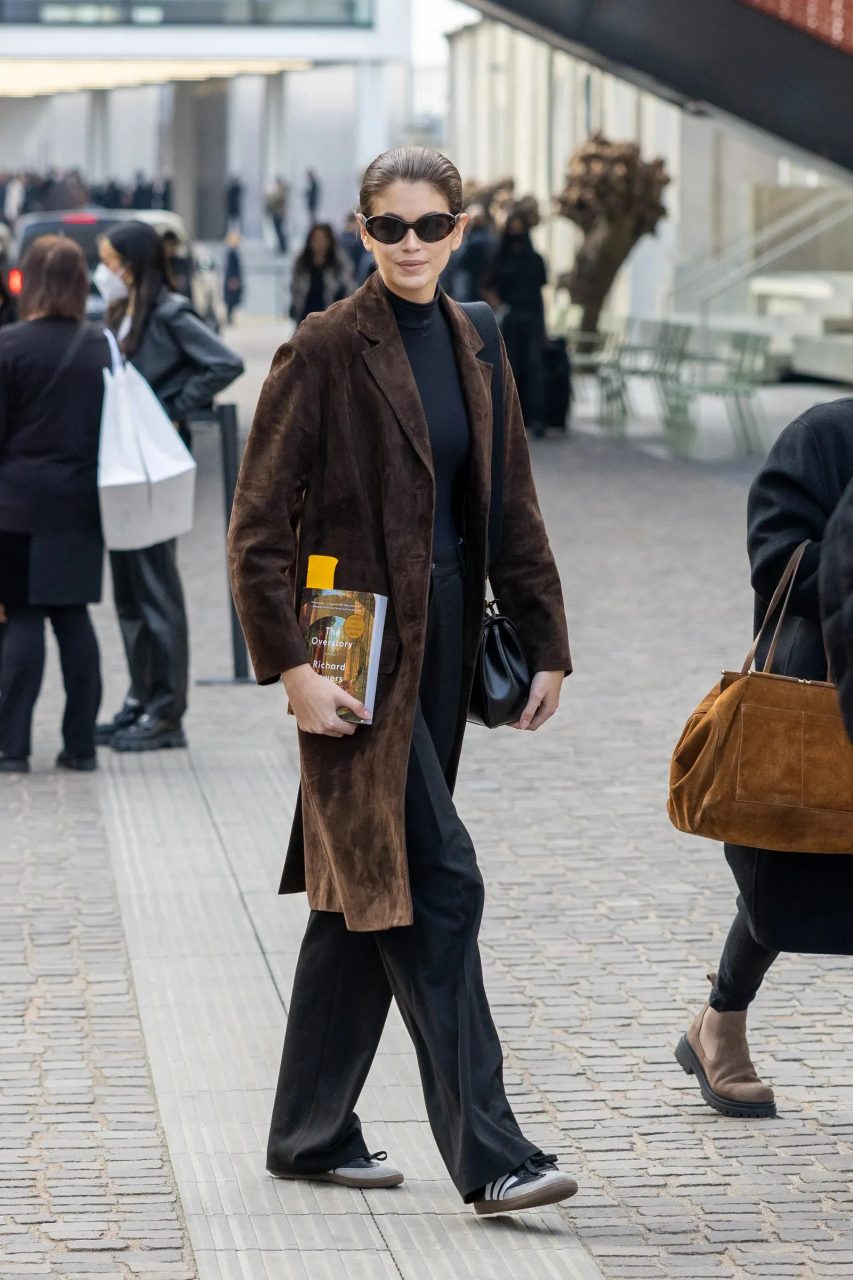
Gerber at Milan Fashion Week in February holding a copy of Richard Powers’s The Overstory
Photo: Getty Images
The book club was a natural next step for Gerber, who caught the reading bug early. As a child, her mother, supermodel Cindy Crawford, would recite stories to her every night before bed. By the time she was at school and being handed her first chapter books at the age of six or seven, Gerber was already on to Of Mice and Men. “Mom would have us all take turns reading, so from a young age, I started reading books with really heavy, important topics,” Gerber says, laughing. “I started reading for fun, you could say, or at least outside of what was assigned, from a young age.”
When, at 16, her modeling career began to take off, Gerber graduated high school early and moved to New York. It was then that her interest in reading shifted into high gear; not just because of all her idle time waiting backstage at shows or on the set of fashion shoots, but also because going to college had always been Gerber’s endgame. “I started working when I was pretty young, and I always had this insecurity that I didn’t end up going to college, because for my whole life, that was my goal,” she says. “I felt that I wasn’t going to have the education that I wanted and that I desired, so I really started reading a lot just to educate myself. I moved to New York, and my friend who was at university would take me to McNally Jackson. He was basically like, These are the authors that you should be reading, or This is an important book. So I would have context for the books as well, as we would have discussions about them.”
The Lover by Marguerite Duras
The Lover is about a young woman and an older man falling in love, but it’s written from the young woman’s perspective, which I enjoyed—especially dealing with a topic like that, because you already have your Lolitas out there, you know. I think everyone should read something by Marguerite Duras, because the way she writes is just so beautiful. She has this book of essays called Me & Other Writing that was my introduction to her, and once I experienced the way that she formed sentences, I was like, I need to read everything she’s ever written. I think I read The Lover in a day—it’s just so poetic and sad and very, very honest, and most of all I liked that it offered a different take on a story that we’ve read and seen lots of times before.
The Stranger by Albert Camus
I think The Stranger was the first philosophy book I ever read. I loved how to the point it was, because I had this idea of what reading philosophy was in my head, but the way that Camus writes is so matter-of-fact. As you’re reading it, you almost don’t even realize all of these massive, sweeping philosophical questions that are being posed, because of how straightforwardly he puts them. He almost tricks you into grappling with them. I think it’s just a brilliant book on its own terms, but as an introduction to philosophy, it’s perfect.
The Year of Magical Thinking by Joan Didion
I love Joan Didion so much—I think she’s probably the author whose body of work has affected my life the most. Before reading The Year of Magical Thinking, I don’t think I’d ever read anything that captured grief in the way she was able to. There have been times when I was dealing with grief and I would read these articles or books that were meant to be very inspirational—they’d say, you can move on from this! They approached grief as something that happens, and then you progress from it. But I think Joan really captured that long, long process of grief—I don’t even know if you can call it a process because I don’t think it has an end. She captures the through line that it has within your life after the fact very honestly, and some of the feelings that we don’t like to talk about; the anger you might feel, for example. I thought it was brilliant how brutally honest she was, and I applaud her just for being able to write about something that most people can’t even put words to.
Just Kids by Patti Smith
I read Just Kids right before I moved to New York, and I think many people feel about the book the same way that I do. You’re young, you read it, and you just want to change your entire life afterwards, to live freely and be who you want. It was so inspiring, especially as I had a very different upbringing. It felt like an invitation into a world I’d never previously understood, and makes you realize that the act of making art is attainable—you can always be creating. It’s a love story that doesn’t end in the way that the love stories we were told as kids do, and it opened my eyes to all the different kinds of relationships you can have in your life and the different ways you can love.
What We Talk About When We Talk About Love by Raymond Carver
I read What We Talk About When We Talk About Love probably around a year ago—I’d never read anything by Raymond Carver before. I feel like a lot of the writing that I’m drawn to is French or Russian, but strangely Raymond Carver appealed to me because it’s so unapologetically American. I feel like it captures American culture and society in a really brilliant way. The book contains all these little slivers of life that don’t necessarily have a beginning, middle, and end, but you realize how much can happen in those tiny moments. I really enjoy books that play with format, and I just think Raymond Carver is a genius.
Editor
Liam HessCredit
Lead image: Taylor Hill/Wire Images via Getty Images
